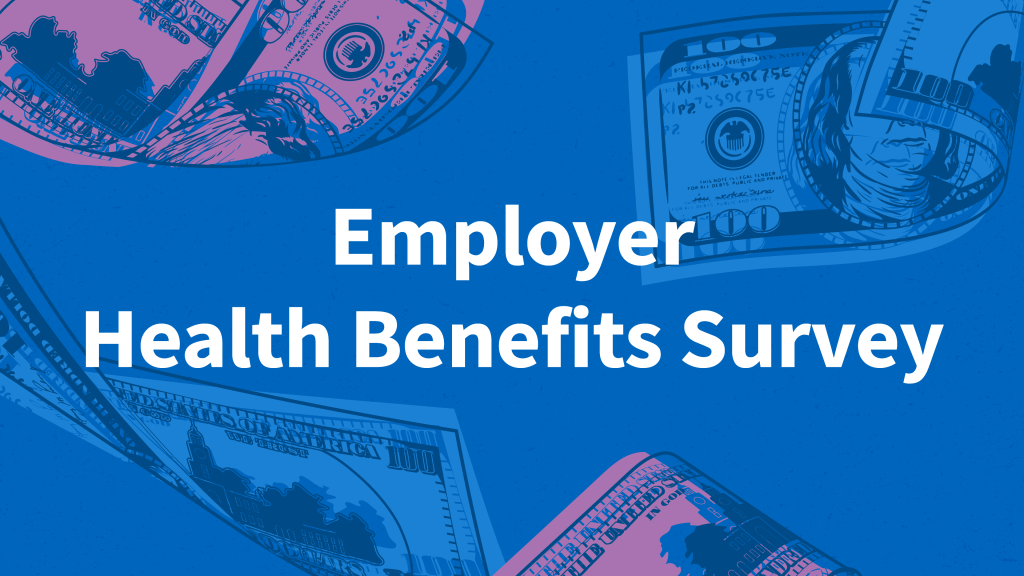Almost One in Four Adult Workers is Vulnerable to Severe Illness from COVID-19
This analysis finds nearly one in four workers are considered at high risk of serious illness if they get infected by the novel coronavirus, highlighting the challenges that businesses, public offices and other employers face as they reopen.
